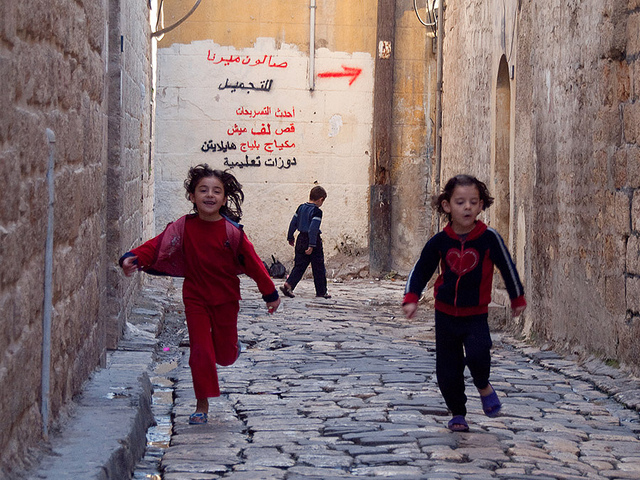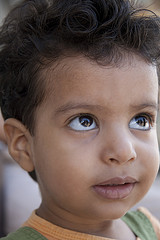It is a tremendous gift to a child to teach them a new language. It can help them connect with family and their heritage, and it can also open up incredible job opportunities when they are older.
Teaching a child something new isn’t always the easiest thing, but luckily if you are looking to teach your child Arabic, there is a large selection of products that parents can use at home that can make language learning much more accessible. So to help keep parents motivated in this rewarding task, we have found the best DVDs, websites, free online games, apps, books, worksheets, and toys that will help your kids learn to speak Arabic (in a fun way).

The Best DVDs to Teach Kids Arabic
Luckily there are several DVDs available to help kids learn. Here are some of the most popular:
- My Arabic Alphabet (Parts 1 & 2) (for ages 3 +) is a 2 part DVD that teaches kids the look and sound of each letter in the alphabet.
- The Arabic Alphabet (Part 1) (Ages 3- 8) and The Arabic Alphabet (Part 2) is a 2 set DVD that is sold separately that helps kids learn the letters (ALAF) through a children’s cartoon series.
- Sesame Street – Good Night Sesame is a version of Sesame Street in Arabic. There are also a lot of old Sesame Street videos on YouTube if you are a fan.
- Learn Arabic Colors All Around: Baby Einstein has children in costumes and puppet skits that introduce primary and secondary colors to kids.
- Learn Arabic for Children helps kids learn essential words about farm, desert, and house animals using animation, nursery rhymes, and puppet skits.
- Learn Arabic Numbers from 1-10 introduces kids to numbers 1-10. It also goes over how to count and helps kids learn number recognition through repetition, songs, animation, skits, and rhymes.
- Animals Swing Swim & Sing DVD is an educational children’s program that appears on Lebanese cable TV for kids and is now available on DVD. The production uses songs, storytelling, and music to engage children in learning the language.
The Best Arabic Language Learning Programs and Websites for Kids

- Dino Lingo is a language learning program for kids that uses DVDs, books, CDs, flashcards, and online lessons.
- Languagenut is primarily designed for schools, but you can get a paid home subscription for $30 a year. It has 24 units, with songs, stories, and games.
- Araboh is a fantastic resource for parents and kids with lots of information to help teach and learn at home.
- Bareem is the first pre-school Arabic television for children between the age of 3 and 6 years old, offering a range of programs specifically tailored for them.
- I Like Arabic is a free online site to help people learn the language. They have online lessons and games.
- Omar & Mariam have interactive online books and quizzes.
Free Online Games
- Digital Dialects has some basic games to help kids learn numbers, animals, and colors.
- Learning Games a great list of learning games from Yemen Links.
- Alef-Ba-Ta helps teach the language to children using educational games.
Best Apps
Apps are an easy way to help reinforce a new language with young children in a fun way. There are lots of great apps that parents can choose from here are a few to have a look at:
- Learn Arabic for Kids has over Flashcards (over 400) that show the most commonly used words in topics like colors, numbers, food, drink, and animals.
- Arabic for Kids has hundreds of language vocabulary and children’s songs to help teach children the language and pre-school fundamentals.
- ABC Arabic for kids 2 Free teaches kids the language using a letters game, a counting game, and animal name game.
- Arabic Baby Flash Cards has over 450 high-quality images in categories, including food items, animals, transportation, numbers, colors & shapes, clothing, household items, etc.
- Iqraa Ma’a Momo helps teach your kids (Age 3-8 years old) spelling. It includes 75 different words, in three categories: things, food, and animals.
If you have any resources that you have used to teach your children and would like to share with other parents, please let us know in the comments below.
photo credit: Evgeni Zotov via photopin cc
photo credit: Espen Faugstad via photopin cc
